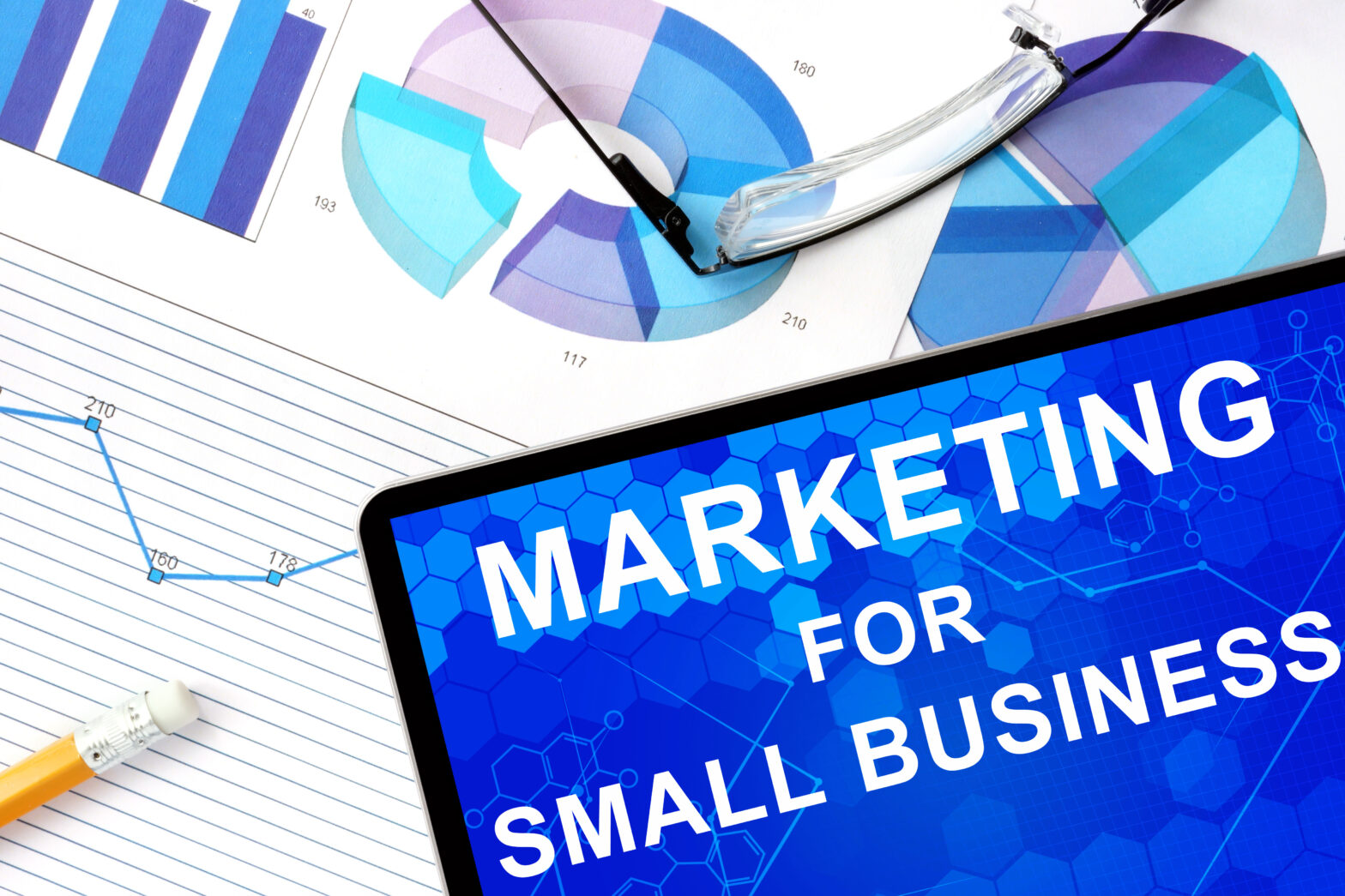Research conducted by performance marketing specialists Expressly reveals that less than 7 per cent of small-medium businesses advertise on post-checkout pages, purchase confirmation emails or mobile app screens.
Unlike multinationals, SMEs overall are yet to harness up-selling and cross-selling opportunities that post-checkout advertising messages present whilst the customer is still in ‘shopping mode’. Pay-Per-Click (PPC), Cost-Per-Mille (per thousand impression) and other performance marketing standards are popular ways to acquire new customers, but smaller brands have bypassed less accessible avenues of customer reach.
A quarter of e-commerce managers feel that the current practices in online advertising could be more effective for both business and consumer.
Ex-McKinsey consultant and co-founder of Expressly, Fabrizio Fantini, understands their frustrations, and explains how industry giants such as Google’s AdWords and Facebook are lacking innovation in this area:
‘SMEs are missing a trick in their marketing strategy. The limitations of popular PPC and affiliate marketing programmes make it costly and complex for smaller enterprises to unlock the full potential of post-checkout, in-app and confirmation email ads in an intuitive way.
‘Even when these channels are used, businesses can’t target the ads to a sufficient level.’
The study also demonstrates how less than a fifth (18.75 per cent) of SMEs had partnered with another store for cross-selling purposes.
Non-competing, independent businesses have historically partnered in order to boost trade. But in the digital world, just 6 per cent of small e-commerce businesses are part of an online affiliate marketing network. Large competitors such as Amazon, meanwhile, are major players in affiliate marketing.
Security problems (such as hijackers), and the difficulties of sourcing merchants with a relevant target market, are reasons for the slow uptake by SMEs. However, Fantini predicts a change in the tide:
‘Online alliances and affiliations allow two merchants to advertise to a parallel customer base with similar interests and demographics. They deliver a superior quality of leads compared to PPC, but complexities and trust issues hinder progress for smaller entities. It’s no surprise that corporates such as Amazon or eBay dominate the affiliate marketplace.
‘There absolutely is room for revolutionary technology that cuts the legwork and costs involved in partnerships. That’s why we developed Expressly, so that SMEs can now forge strategic partnerships and agree on a fair cost-per-click to mutually increase their sales figures.’





